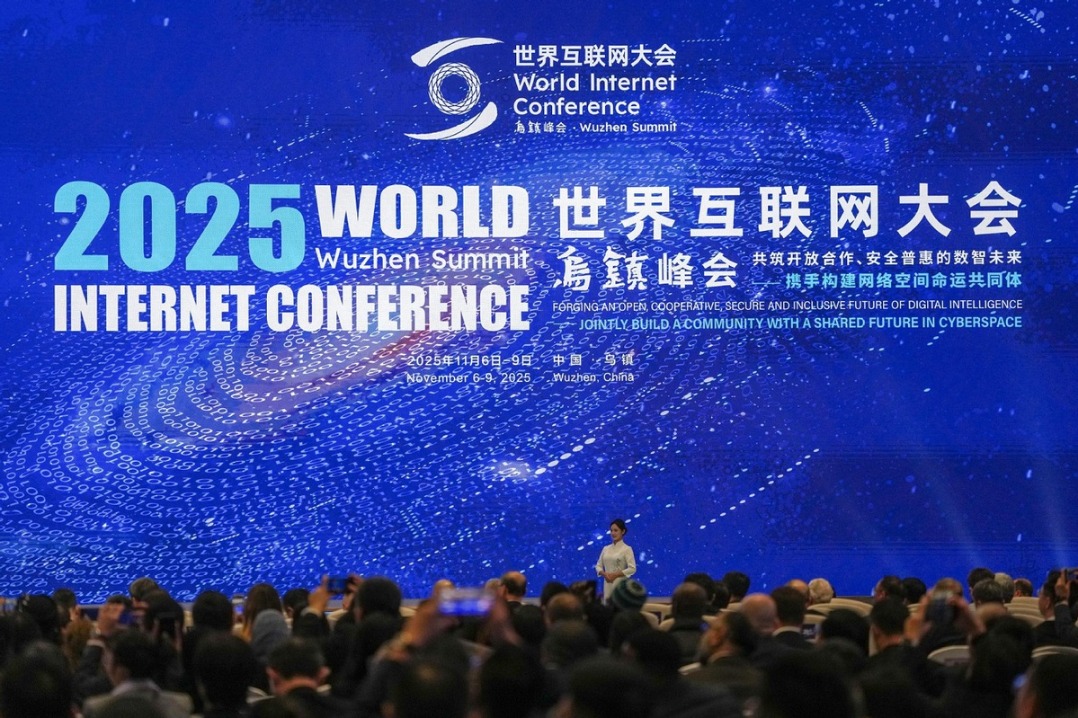Make COP30 more focused on human welfare


With the United Nations climate summit, COP30, now in full swing in the humid jungle city of Belém, Brazil, Microsoft co-founder and philanthropist Bill Gates has cut through the noise with a blunt truth: these UN climate gatherings must zero in on lifting human lives, rather than fixating solely on slashing emissions or dialing down global temperatures. It's a perspective that's long overdue yet seems so obvious.
For billions of people in the developing world, tackling immediate challenges like poverty and disease outweighs chasing distant temperature goals. My think tank, Copenhagen Consensus, has long argued that the real question for policymakers is: what is the smartest way to do the most good with limited resources?
Every year, more than 7.5 million people in poorer countries die from illnesses that can be very cheaply prevented or managed. Smart investments in health, nutrition, and education could every year save over 4 million people, while also building growth and resilience for the future. In much of the world, parents are not kept awake by concerns about achieving a 0.1 C temperature reduction in a century. They worry whether their children will survive a bout of malaria or get a decent education. As Gates points out, "the biggest problems are poverty and disease, just as they always have been."
Gates' common-sense message is at the crest of a growing global shift in thinking. For years, no difference could be tolerated from dogmatic climate conformism. Making drastic emissions cuts at any cost was the paramount policy goal. Anyone questioning the supremacy of the climate threat or expressing skepticism at the costly policies was derided as a "climate denier".
Suddenly, pragmatism and nuanced thinking are back in fashion. Democrat Senator Chris Coons of Delaware declared that climate is "not a top three issue right now". Canada's Liberal prime minister — who warned a decade ago that potential climate catastrophe meant fossil fuel reserves could be "unburnable" — is fast-tracking the construction of an LNG export terminal and promising to "transform our country into an energy superpower." Even the green-leaning British and German governments are newly talking about the need to inject some economics into climate and energy policy.
It is time to move beyond the doomsday narratives that have dominated the climate discussion. Climate change is a real problem, but it is not the end of the world. Unaddressed, climate economics shows that it might shave 2-3 percent off global GDP by 2100 — meaning we'll be 435 percent richer instead of 450 percent. Climate is one issue among many, not an apocalypse that eclipses everything else.
Still, the same old activists are repeating their well-trodden arguments. First, the notion that climate spending is not crowding out efforts to tackle poverty. This idea is being pushed by climate professor Michael Oppenheimer, who claims Gates sets up a "false dichotomy".
Yet, anyone living in the real world knows that money can't be spent twice. By their own proud admission, the world's multilateral development banks — international organizations funded largely by taxpayers to help the world's poorest countries — devoted an astonishing $137 billion to climate financing in 2024. That is money spent on climate that won't be spent on preventing disease and hunger.
Globally, we have spent over $14 trillion on climate policies. Last year alone, the cost exceeded $2 trillion. Again, it is money spent on climate policy that cannot be spent on basic education and maternal healthcare.
Then there is the alarmist claim from climate professor Michael Mann that "there is no greater threat to developing nations than the climate crisis." This argument suggests that climate campaigners in ivory towers know far better than those from the Global South. In real life, Africans from 39 nations rank climate as their 31st most important problem of 34 — far behind education, jobs, health, and roads. The greatest challenges are pretty obvious if you live in poverty, where disease and hunger claim lives daily.
Green campaigners insist that emissions cuts must come first for the poor — when what they really need are jobs, food, medicine, and an escape from poverty. Bill Gates is right to push back and say: prioritize what delivers the greatest benefit.
A welfare-first climate summit would see prosperity as a top defense against climate impacts, building resilience. For maximum impact, policymakers should drop the fixation on expensive, ineffective net-zero targets. Instead, they should emphasize adaptation and invest in R&D to drive green-energy breakthroughs.
As the COP30 climate summit winds on in Belém, the real path forward lies in the common-sense idea of directing limited funds to ending today's preventable deaths and fueling growth, making societies stronger, also against future warming. That's how this talkfest could truly put people first.
The author is president of the Copenhagen Consensus, and author of "False Alarm" and "Best Things First".
The views don't necessarily reflect those of China Daily.
If you have a specific expertise, or would like to share your thought about our stories, then send us your writings at opinion@chinadaily.com.cn, and comment@chinadaily.com.cn.

































